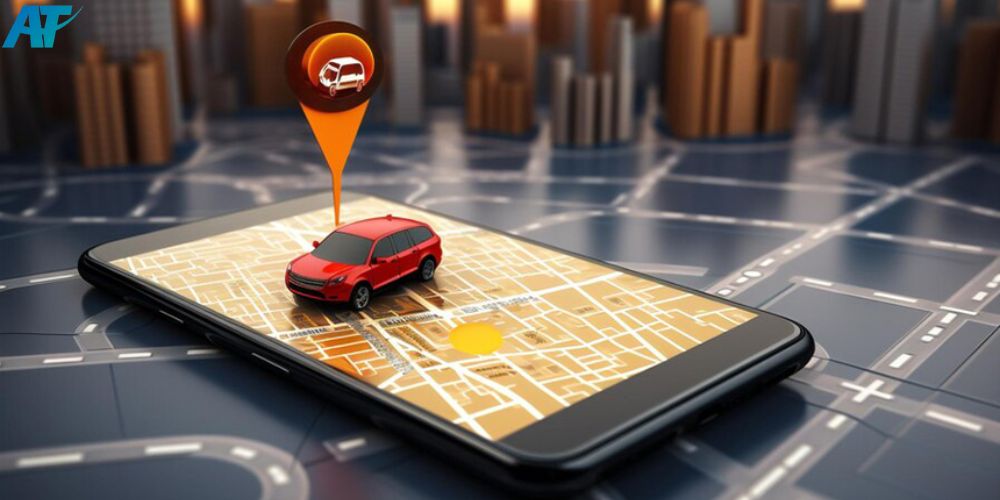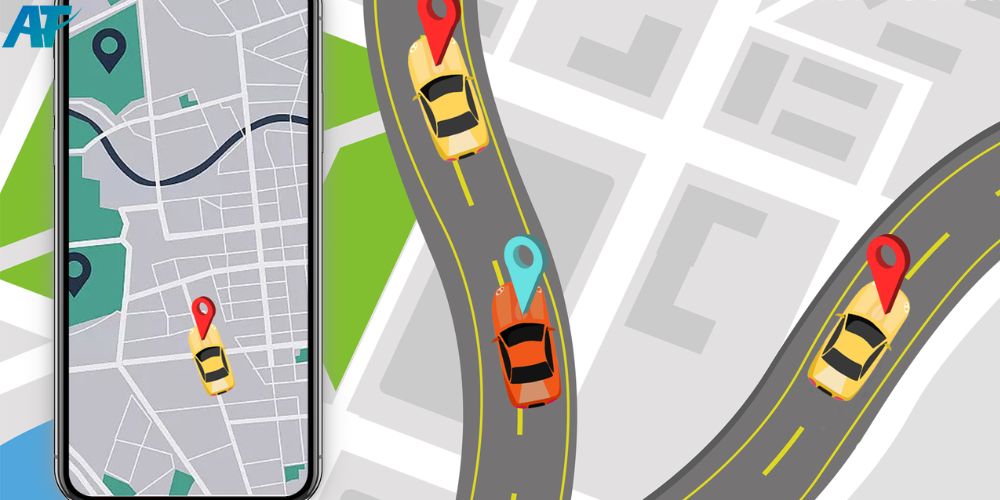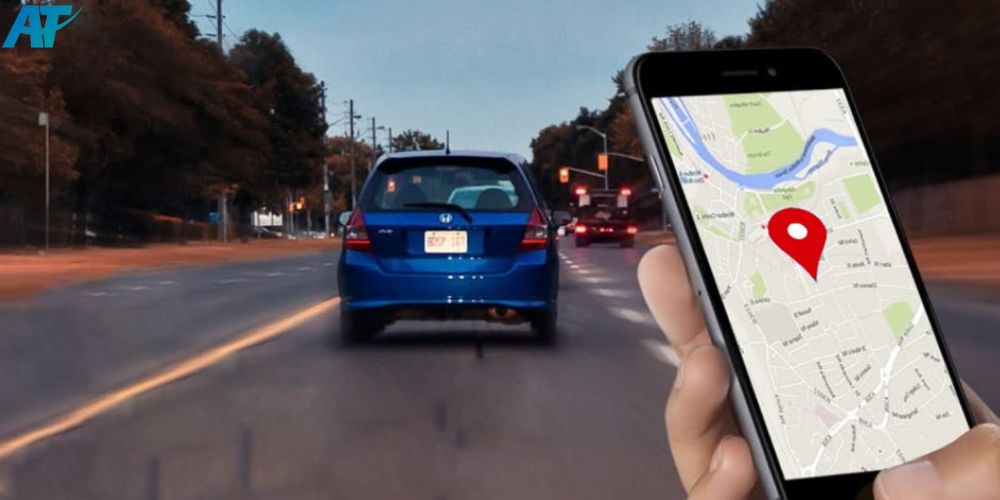In an era where efficiency, security, and real-time data are paramount, GPS tracking solutions have emerged as essential tools for government, police, and defense agencies. These organizations rely on cutting-edge technology to enhance operations, improve safety, and ensure strategic management of fleets. GPS tracking provides a smart, reliable, and scalable way to monitor, manage, and optimize vehicle usage. In this article, AT Technology and Consultancy Joint Stock Company (ATTECHSOFT) will explore the role of GPS vehicle tracking solutions for government, law enforcement, and defense agencies.
The advantage of GPS vehicle tracking technology
GPS vehicle tracking technology offers numerous benefits that directly impact the effectiveness of government operations. Enhanced fleet efficiency is achieved by monitoring vehicle locations in real time, enabling agencies to optimize routes, reduce fuel consumption, and minimize idle time. This leads to cost savings and a reduction in environmental impact. Improved accountability is another advantage, as GPS systems provide detailed logs of vehicle movements, ensuring transparency and reducing the likelihood of misuse. Additionally, public safety is significantly enhanced through real-time tracking, allowing for swift responses during emergencies and ensuring that resources such as ambulances, fire trucks.. Automated alerts for vehicle maintenance based on mileage or usage also help prolong the lifespan of government fleets.

Uses of GPS vehicle tracking solutions for government
Government agencies employ GPS tracking systems in various capacities to enhance their operations. In emergency services, GPS tracking ensures that vehicles like ambulances and fire trucks reach their destinations promptly. Public transportation benefits from monitoring systems that improve punctuality, reduce delays, and enhance passenger satisfaction. For law enforcement, real-time tracking assists police departments in coordinating patrols, responding to incidents, and recovering stolen vehicles. Infrastructure maintenance is another area where GPS systems prove invaluable, as they help agencies track the movement and deployment of vehicles to ensure timely completion of projects. Additionally, environmental monitoring is facilitated by GPS technology, which helps oversee the movement of waste disposal trucks.

Choosing the right GPS vehicle tracking systems
Selecting the ideal GPS tracking system for government purposes requires careful consideration of several factors. Scalability is essential, as the system should accommodate the current fleet size and allow for future expansion as needs grow. Features and customization options are critical, with agencies needing systems that offer geofencing, driver behavior monitoring, and integration with other government software systems. Moreover, data security is another priority; the platform must have robust encryption and comply with data protection regulations. Ease of use is equally important, as a user-friendly interface and reliable customer support are essential for seamless implementation and operation. Lastly, cost-effectiveness is also important; while investing in advanced technology is crucial, the system must align with the government’s budgetary constraints.

Don’t miss these related topics: GPS tracking software
Conclusion
GPS vehicle tracking solutions offer significant benefits for government, police, and defense agencies, helping them enhance security, improve operational efficiency. Additionally, with features such as real-time tracking, geofencing, route optimization, and driver behavior monitoring, these systems provide the tools necessary to manage large fleets. By integrating GPS tracking into their daily operations, these agencies can better serve the public, enhance safety.
Contact us to arrange a demonstration:
Email: sales@attechsoft.com
Website: https://attechsoft.com/
